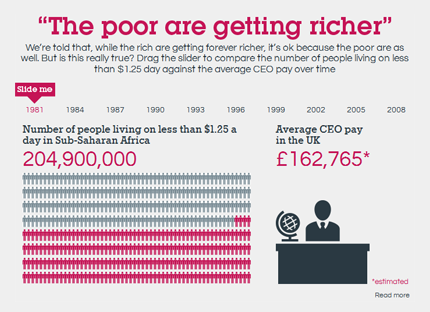The deadly crash of a United Parcel Service Inc. (UPS) plane that struck a hillside short of an Alabama runway yesterday is the latest for an air-cargo industry that’s experienced many more fatal wrecks than U.S. passenger carriers. The accident involving Atlanta-based UPS, the world’s largest package-delivery company, was the second with fatalities this year and fourth since 2009 for a U.S.-registered cargo hauler, according to the National Transportation Safety Board.
“We have not seen that kind of number in passenger airplanes,” John Cox, president of Washington-based Safety Operating Systems and a former airline pilot, said in an interview.
The rate of fatal cargo accidents around the world was eight times higher than on passenger planes from 2002 to 2011, according to a study by the U.K. Civil Aviation Authority published in June.
The UPS plane, an Airbus SAS A300-600F, broke apart and burst into flames yesterday while approaching the airport in Birmingham, Robert Sumwalt, a member of the U.S. National Transportation Safety Board, said at a briefing. The two pilots were killed. UPS declined to name them in a joint statement with the Independent Pilots Association union.
By Alan Levin, Jennifer Surane and Thomas Black (Bloomberg)
Before boarding the last flight of his life, UPS cargo pilot Capt. Cerea Beal Jr. confided to a colleague: "These schedules over the past several years are killing me."
Just before takeoff, his co-pilot also expressed concern about fatigue.
In a conversation captured by the cockpit voice recorder, First Officer Shanda Fanning told Beal that she had just gotten a "good sleep," but she was still "so tired."
Both Beal, 58, and Fanning, 37, died last August when their plane, an Airbus A300, crashed just short of the Birmingham, Alabama, airport just before dawn.
Details of the conversations were revealed Thursday during a National Transportation Safety Board public hearing.
The board released documents around its investigation and heard testimony from UPS officials, pilots, and other experts.
Until Thursday, the issue of fatigue had received little attention in the UPS accident.
But with the release of the cockpit transcript and interview records, the crash of UPS flight 1354 is now part of one of the hottest debates in commercial aviation: pilot rest.
'One level of safety'
In January, the Federal Aviation Administration enacted new rest rules for all airline pilots. But the rule excludes cargo crew.
Cargo pilots say the FAA should have "one level of safety" for all pilots -- a sentiment expressed in the doomed cockpit -- and say government and industry should place the same value to cargo pilot's life that they give to airline pilot and passenger lives.
Cargo pilots have special rest needs, they say, because they typically fly "on the back side of the clock" -- at night -- which raises havoc with sleep rhythms and contributes to fatigue.
UPS argues that it gives pilots ample opportunity to sleep, that it has a non-punitive system for pilots who say they are too tired to fly, and that work hours have been largely negotiated with the pilots' union.
Finally, they stress that pilots share responsibility that they get adequate rest and are fit to fly.
Cockpit conversations
Even though the NTSB is months away from determining the probable cause of the accident, the rest issue erupted in full Thursday.
It was raised, in this case, by the ill-fated pilots themselves, their haunting words captured on the cockpit voice recorder.
As the plane cruised toward Birmingham, Beal noted the two-person crew would have two extra hours off-the-clock on the ground, and pointed out their rest period during a previous leg was cut short by a 30-minute ride to the hotel.
"This is where, ah, the passenger side (passenger airline pilots) ... they're gonna make out," he said.
By Mike Ahlers, CNN

